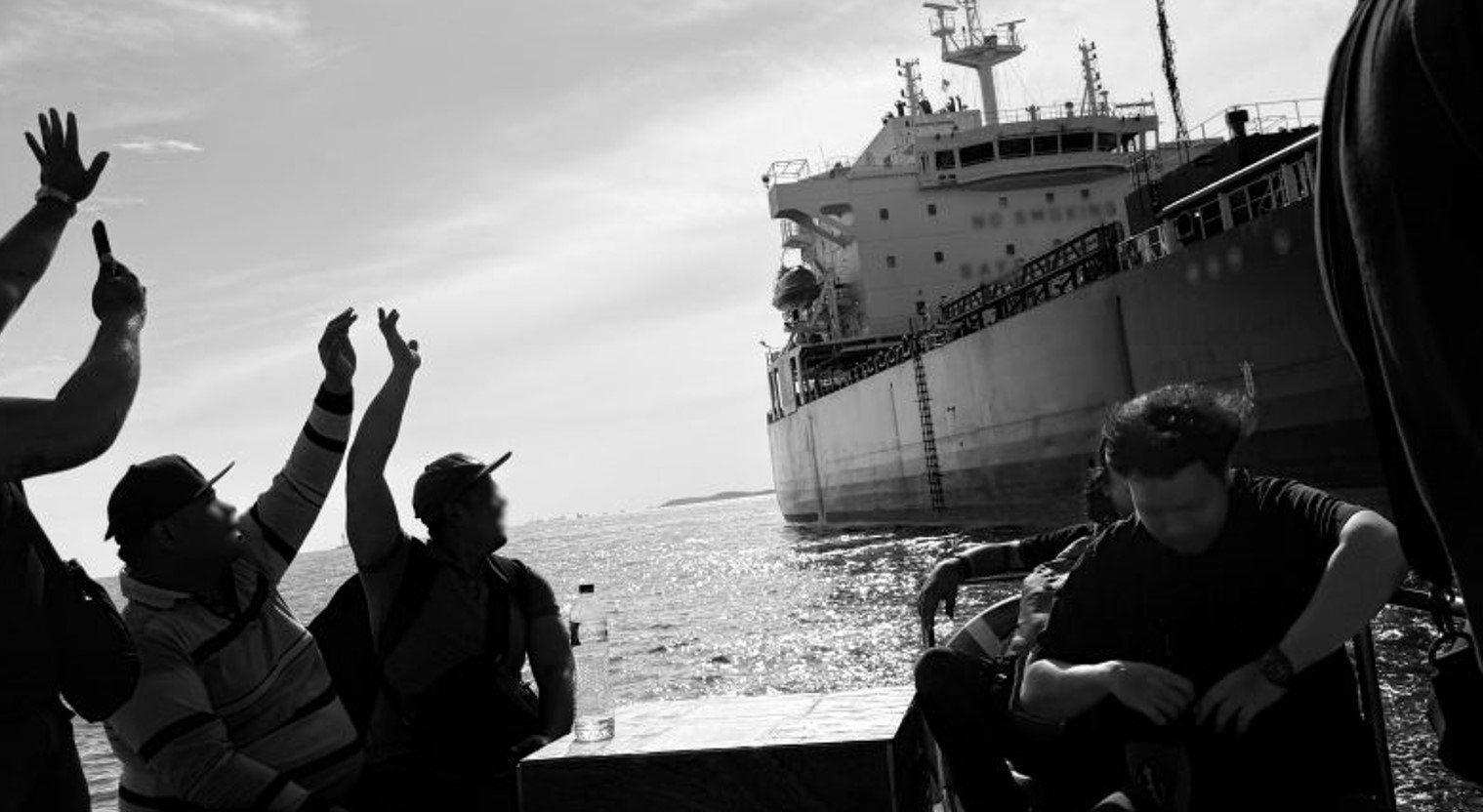Global catering management provider MCTC, with offices in Cyprus, Greece, and Saudi Arabia, among other places, has launched two new tools aimed at enhancing nutritional oversight and environmental transparency onboard ships.
In response to growing global demands for health-conscious and environmentally sustainable practices, the company has introduced two innovative reporting features, the Nutritional Values Report and the Carbon Emissions Report.
These provide shipowners and operators with real-time insights, enabling more responsible decision-making across galley operations.
According to the company, the launch forms part of its wider strategic focus on digital innovation, crew welfare, and environmental responsibility.
Through these new features, clients can gain clear visibility into the nutritional quality of onboard meals, while also tracking the environmental footprint of every provisioned item.
For years, concerns over food quality and crew well-being have remained prevalent in the maritime sector. Seafarers have frequently voiced dissatisfaction with onboard meals, pointing to unhealthy cooking methods, repetitive menus, and a general lack of nutritional value. In light of this, MCTC has taken a bold, data-driven approach to reshape catering at sea.
CEO Christian Ioannou said the team was “delighted to now have this new offering” available to clients. He explained that working toward a sustainable future requires transparency, adding that it was vital for customers “to have access to monitoring tools such as these, so they can keep track of the emissions that are being produced and where possible choose lower emission products.”
The Nutritional Values Report allows crews to monitor calorie intake and nutritional data on a daily, monthly, or yearly basis, benchmarking it against international Reference Daily Intake (RDI) standards.
The company explained that the tool offers a clear breakdown of calories per person per day, tracks both macro- and micro-nutrients in each meal, and maps nutrition data to each individual product.
It also mentioned that this functionality enables Chief Cooks to make informed decisions when designing menus, ensuring all major food groups are represented and promoting healthier eating habits onboard.
Alongside this, the Carbon Emissions Report provides detailed insights into the CO2 emissions of each provisioned item.
Using a weighted global average, it takes into account country-specific production variables such as feed types, deforestation, irrigation, and transportation. According to the company, the dashboard displays emissions data per vessel, order, and product, along with a timeline of emissions per person. It also helps identify top emission-contributing items and supports ESG and Scope 3 emissions tracking.
Ioannou stressed that this approach allows health-focused catering and sustainability to work in parallel. “MCTC is proving that efficient galley operations can go hand in hand with crew well-being and environmental responsibility,” he said, describing the initiative as “maritime catering with impact, measurable, meaningful, and made for the future.”






Click here to change your cookie preferences